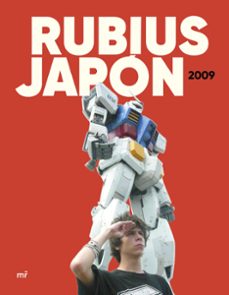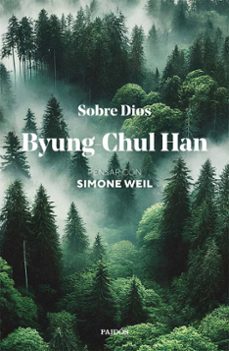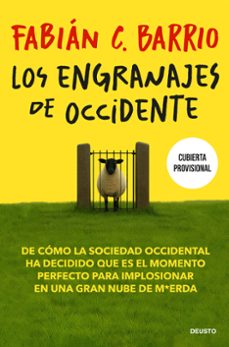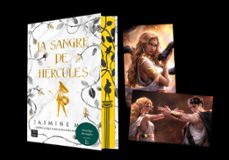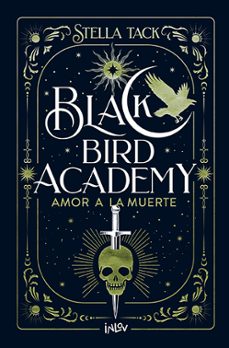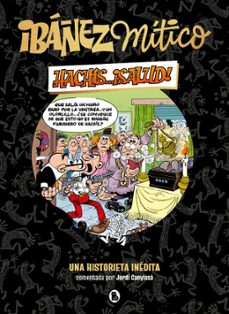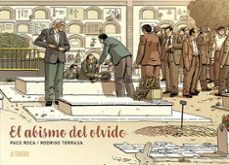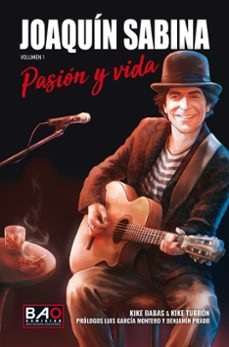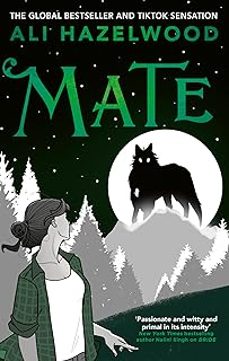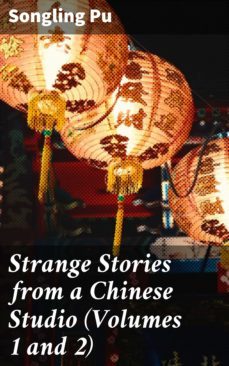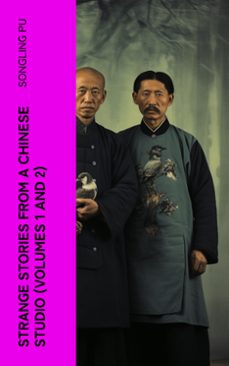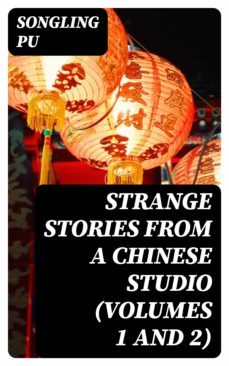Imprescindibles
Más vendidos Libros más leídos eBooks más leídos Todos los libros Todos los libros Autores destacados Series y sagas
Recomendados Libros recomendados Autores destacados Libros que inspiran Vidas con historia LGTBIQ+ English books
Ficción
Literatura Contemporánea Estudios literarios Clásicos Cuentos Poesía Teatro Libros de bolsillo Sagas literarias
Géneros literarios Novela romántica y erótica Novela negra Novela histórica Narrativa fantástica Novela de ciencia ficción Novela de terror Narrativa de humor Narrativa de viajes
No Ficción
Ciencias y tecnología Biología Ciencias Ciencias naturales Divulgación científica Informática Ingeniería Matemáticas Medicina Salud y dietas Formación Idiomas Estilo de vida Libros de Cocina Guías de viaje Narrativa de viajes Deportes Libros de Juegos Manualidades
Humanidades Autoayuda y espiritualidad Ciencias humanas Derecho Economía y Empresa Psicología y Pedagogía Filosofía Sociología Filología Biblioteconomía Estudios filológicos Estudios lingüísticos Estudios literarios Historia y crítica de la Literatura
Infantil
Juvenil
Cómic y Manga
Novela gráfica Novela gráfica americana Novela gráfica europea Novela gráfica de otros países Personajes, series y sagas Series y sagas Star Wars Superhéroes Cómics DC Cómics Marvel Cómics otros superhéroes Cómics Valiant
eBooks
Literatura Contemporánea Narrativa fantástica Novela de ciencia ficción Novela de terror Novela histórica Novela negra Novela romántica y erótica Juvenil Más de 13 años Más de 15 años Infantil eBooks infantiles
Humanidades Autoayuda y espiritualidad Ciencias humanas Economía y Empresa Psicología y Pedagogía Filosofía Historia Historia de España Historia Universal Arte Cine Música Historia del arte
Ciencia y tecnología Ciencias naturales Divulgación científica Medicina Salud y dietas Filología Estudios lingüísticos Estudios literarios Historia y crítica de la Literatura Estilo de vida Cocina Guías de viaje Ocio y deportes
PU SONGLING
Recibe novedades de PU SONGLING directamente en tu email
Filtros
Del 1 al 4 de 4
Good Press 4057664119124
Strange Stories from a Chinese Studio (Volumes 1 and 2) is a captivating collection of short stories by Songling Pu, which intertwines the supernatural with the mundane, reflecting the rich cultural tapestry of 17th-century China. Written in a delicate, lyrical style characteristic of the Qing dynasty literary tradition, these tales explore themes of love, fate, and the metaphysical, inviting readers to traverse realms where the human and the otherworldly coalesce. Through a blend of humor, sorrow, and moral reflection, Pu encapsulates the essence of Chinese folklore and philosophy, drawing upon historical context and societal norms of his time to enhance the talesAo allegorical depth. Songling Pu, born in 1640 in the city of Zhenjiang, grew up amidst a rapidly changing China during the Ming-Qing transition, shaping his narratives with a unique blend of cultural influences. His background as a scholar and his experiences navigating the complexities of Chinese societal structures often seep into his storytelling, offering a profound commentary on human nature and societal issues. His work not only entertains but also serves as a vital record of the beliefs and values of his era. For readers interested in Asian literature, cultural studies, or fans of supernatural fiction, Strange Stories from a Chinese Studio offers an enriching exploration of the human experience through a distinctly Chinese lens. This collection is a timeless invitation to reflect on the interplay between reality and fantasy, ensuring its relevance in contemporary literary discourse.
Ver más
eBook
e-artnow 4066339572737
Strange Stories from a Chinese Studio is a set of short stories by Pu Songling. Presented here are early cases of a literary tradition of accounts of the weird and the strange, which Pu memorably fus
Ver más
eBook
DigiCat 8596547010401
"Strange Stories from a Chinese Studio" (Volumes 1 and 2) by Songling Pu is a masterful collection of classical Chinese supernatural tales, written during the Qing Dynasty. Evoking an intricate tapestry of fantasy and reality, these stories encapsulate the essence of Chinese folklore through a blend of prose and poetic forms. Pu utilizes vivid imagery, rich symbolism, and an engaging narrative style to explore themes of love, morality, and the complexities of human nature against a backdrop of spiritual and mystical beliefs. The work not only reflects the socio-cultural milieu of its time but also serves as a precursor to modern ghost stories, offering deep insights into the societal fears and aspirations of the era. Songling Pu, a noted scholar and writer born in 1640, was significantly influenced by his experiences in a changing China. Living during a time of political unrest and social transformation, he harnessed his literary talents to critique the world around him. His position as a civil servant and keen observer of both the elite and the common people informed his writing, allowing him to channel diverse perspectives into his works. This blend of personal and cultural experiences infuses the stories with authenticity and depth. Readers are encouraged to delve into this compelling collection, as it offers a unique glimpse into the intricate interplay between reality and the supernatural within Chinese literature. Pus engaging storytelling invites readers to embrace the unknown, making these tales not just mere stories, but timeless reflections on the human experience that resonate even today.
Ver más
eBook
Del 1 al 4 de 4


